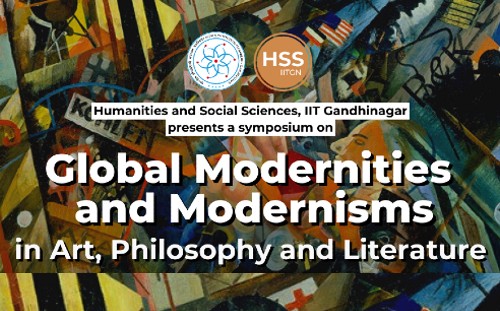In this talk, I consider the role that shame and stigma have played in the ongoing COVID-19 pandemic, and how this was facilitated by the emergence of a specific language designed to name, shame and blame. Focusing on “covidiot”, a term used to target any and all behaviours deemed socially unacceptable during the pandemic, I follow the term’s increasing popularity on Twitter through March 2020, address its ableist connotations, and show how it fits into the historical tendency to question competence during an epidemic. If these investigations show that the term has more troubling implications than its gimmicky appearance suggests, equally evident is the semi-serious, semi-jocular manner in which it is often used. This mismatch, I want to suggest, makes “covidiot” particularly at risk of generating what Denise Riley calls “the remorseless afterlife” of “malignant speech.” Drawing on Riley’s work on guilt, shame and injurious speech, I address the ways that accusations of “covidiocy” may get “stuck under the skin”, with possible health implications for the future.
Covidiots! Shame, Stigma and Bad Words during Covid-19
September 4, 2021
- Home
- Uncategorized
- Covidiots! Shame, Stigma and Bad Words during Covid-19




